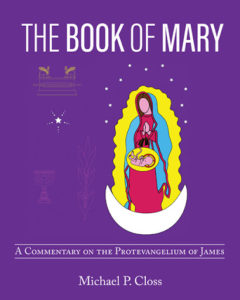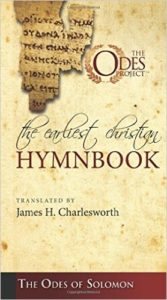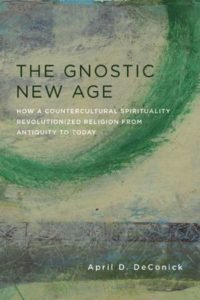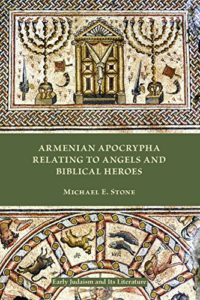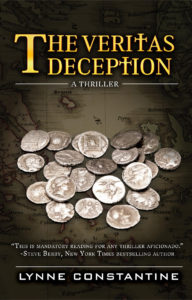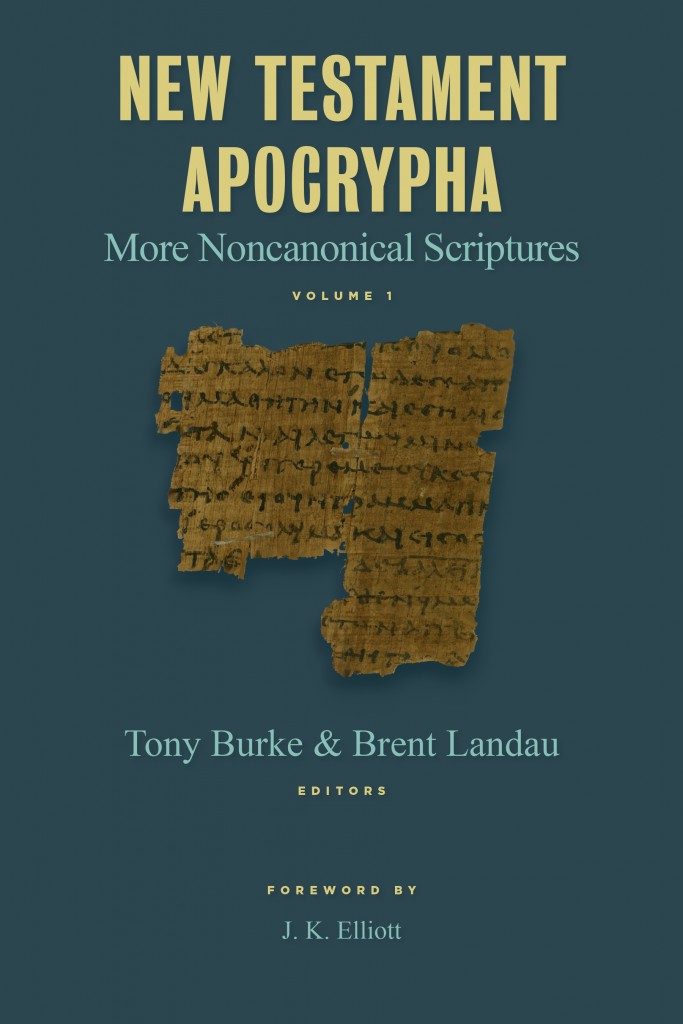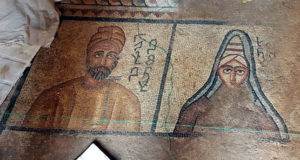2017 Réunion de l’AELAC
The annual meeting of the Association pour l’étude de la littérature apocryphe chrétienne (AELAC) will take place this year June 30 to July 2 at the Centre Jean Bosco in Lyon. The program has been posted to the AELAC web site and is reproduced below.
Friday, June 30
Réunion du comité de l’AELAC avec les responsables des différents projets éditoriaux.
20:15 Présentations.
20:30 Isabel Iribarren (Université de Strasbourg), Utilisations et fonctions des écrits apocryphes dans l’œuvre de Jean Gerson.
Saturday, July 1
9:00 Anne-Catherine Baudoin (ENS Paris) – Zbigniew Izydorczyk (University of Winnipeg), The Latin Versions of the Evangelium Nicodemi.
10:45 Brent Landau (The University of Texas at Austin), A Summary of Research on the Revelation of the Magi in Anticipation of the Forthcoming CCSA Edition.
14:45 Échange d’informations et discussion sur les projets en cours dans le domaine des littératures apocryphes.
15:30 Grigory Kessel (Austrian Academy of Sciences), Sinai Palimpsest Witnesses of the New Testament Apocrypha.
16:45 Paul-Hubert Poirier (Université Laval), Le témoignage du manuscrit de Trichur sur les Actes syriaques de Thomas.
18:00 Zbigniew Izydorczyk (University of Winnipeg), Evangelium Nicodemi : A Comprehensive Database of Latin Manuscripts.
20:30 Assemblée générale de l’AELAC.
Sunday, July 2
9:00 Caitríona Ó Dochartaigh (University College Cork), Recherches sur le Saltair na Rann.
10:45 Stephen J. Shoemaker (University of Oregon), The Coptic Homily on the Theotokos attributed to Cyril of Jerusalem: An Aberrant and Apologetic ‘Life’ of the Virgin from Late Antiquity.


